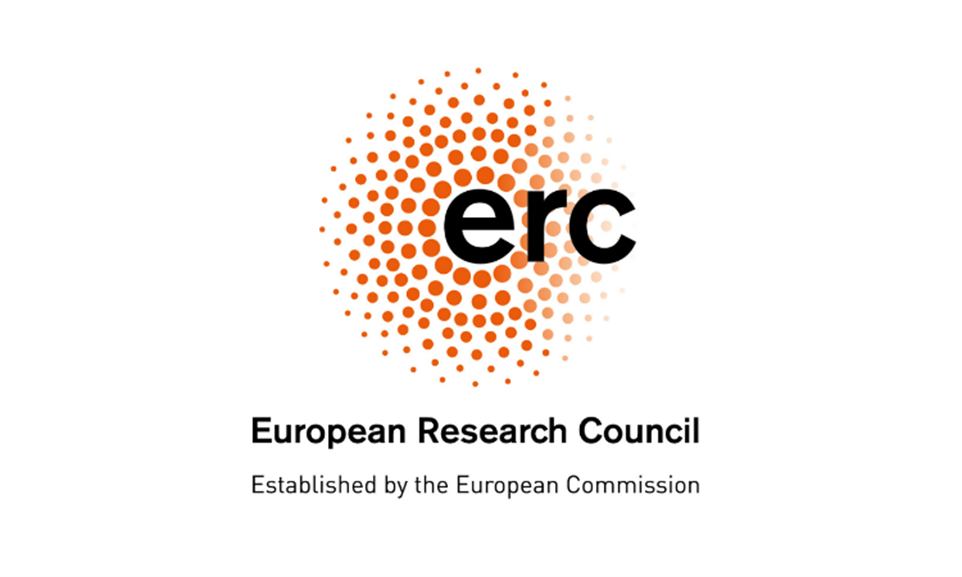Established in 2007, the European Research Council (ERC) has been highly effective in supporting curiosity-driven frontier research across all fields, based only on scientific excellence. The ERC has given the EU framework programmes a new dimension that complements traditional top-down approaches, and it provides a benchmark for excellence in European science. The EU should build on this success and strengthen the ERC in the next research framework programme.
The ERC has demonstrated the amazing creativity and talent of Europe’s best researchers when they are given the freedom to propose their best ideas. Between them, ERC grantees have won 14 Nobel Prizes, 6 Fields Medals, 11 Wolf Prizes and many other prizes. ERC-funded researchers have advanced knowledge and contributed to many of the wider goals of the EU in terms of the green and digital transitions as well as societal challenges such as improving health or addressing demographic trends. They have made breakthroughs in critical technologies such as artificial intelligence and quantum information, and stand out as innovation leaders. 40% of ERC projects have produced results subsequently cited by patents and about 400 ERC funded researchers have founded start-up companies. ERC researchers are also training the next generation of excellent scientists and have employed over 100,000 other researchers, mainly PhD candidates and postdocs, in their teams.
In view of increasing global competition, time is running out for Europe to maintain its competitive edge in global science and technology. To keep pace, an essential step is to modernise the long-term EU budget and to double the spending for research and innovation in the next Multiannual Financial Framework.
Europe has the talent to be world leading in science and technology but is struggling to keep up with its main competitors in research funding, high-quality scientific output, especially in new and emerging fields, and European industry is not specialised in the fastest growing sectors. These issues are linked as Europe cannot hope to be a leader in industry without being a leader in science and technology. If these trends continue, they will increasingly undermine Europe’s economy, competitiveness and social model as well as ultimately threaten its standing in the world, strategic autonomy and security.
Reversing these trends will require huge efforts at the EU and national levels. An essential prerequisite is to modernise the long-term EU budget (Multiannual Financial Framework) with a doubling of the budget for research and innovation in the next EU research framework programme (FP10). This will yield high returns due to the increased collaboration, scale, and pan-European competition made possible at EU level. This investment is crucial for Europe’s competitive edge in global science and technology.
If Europe wants to aspire to a position of leadership in new and emerging areas of science, we also have to allow our best researchers the freedom to use their own creativity. The ERC has funded over 13,000 projects but has not been able to fund many equally outstanding proposals due to a continuing lack of appropriate budget. Unchanged grant sizes since 2009 are eroding the value and prestige of the ERC’s grants. Increased funding will address these issues and allow an expansion of bottom-up, collaborative research through the ERC Synergy Grants. The ERC’s current budget is about €2 billion annually, but for the ERC to meet its full potential and for its systemic effects to be felt throughout Europe, it was estimated in 2003 that it would need a budget corresponding to 5% of Europe’s national research agencies, now equivalent to around €5 billion per year. This still holds true today.
The Scientific Council’s independence has been critical to the ERC’s success. This independence entails the ability to determine how the ERC’s calls are run and how its grants can be managed according to the needs of frontier research. The ERC’s independence and autonomy must be protected under FP10 to safeguard its position as Europe’s top frontier research funder.
The ERC is steered by an independent Scientific Council with a dedicated agency for implementation. This arrangement is designed to guarantee the quality of the ERC’s operations and above all its peer review processes. This in turn ensures the ERC’s credibility in the scientific community and their continued support. This arrangement has been recognised as critical in multiple reviews.
The ERC’s simple and tailored procedures provide the flexibility that is necessary to respond to the needs of Europe’s scientific community. They should not be hampered by standardized processes and systems across the research framework programme and other EU funding programmes. Europe’s researchers deserve to be supported in a way that allows their talents to thrive.
Sources: European Research Council | News (https://shorturl.at/hvLQ1)
